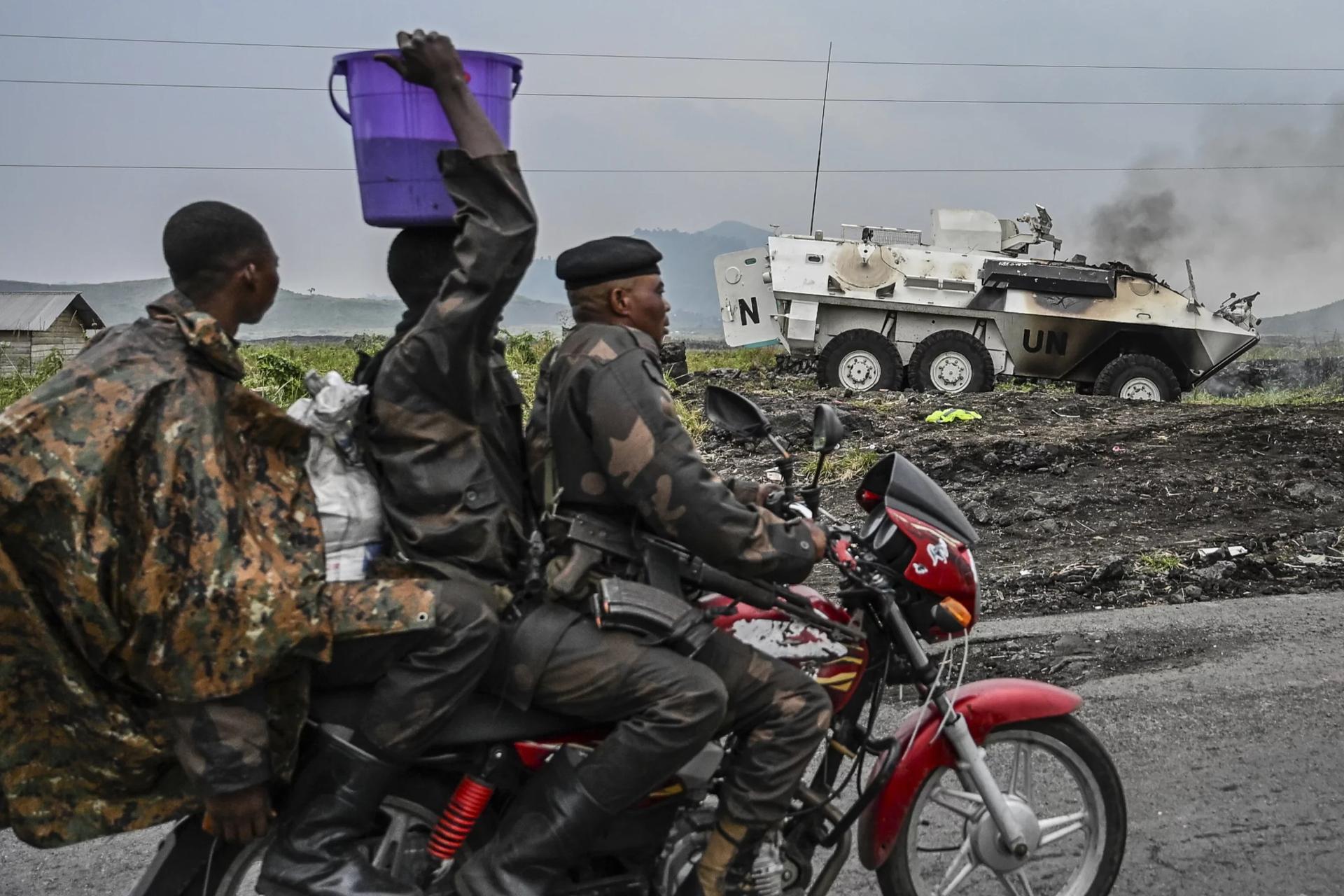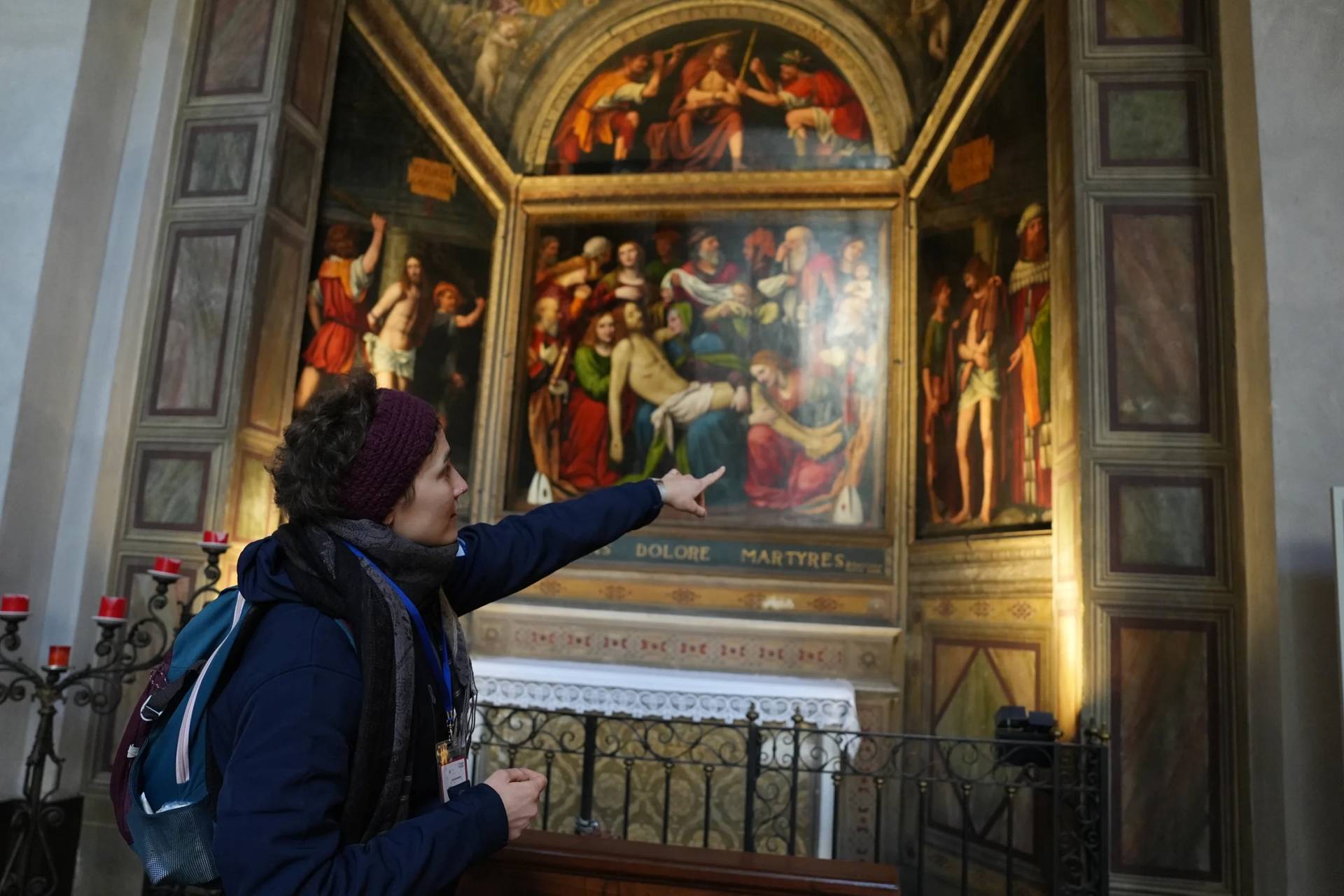The European Parliament on Thursday called on the EU to freeze direct budget support for Rwanda until it breaks links with ethnic Tutsi-led M23 rebels currently waging war in the Democratic Republic of Congo, and for the EU to suspend a Memorandum of Understanding on resource management, trade, and economic development, until Rwanda ends its support for the rebels.
MEPs condemned the rebel occupation of Goma and other territories in the eastern part of the DRC, calling it “an unacceptable breach of the DRC’s sovereignty and territorial integrity.” They denounced what they described as “indiscriminate attacks involving explosive weapons as well as unlawful killing, rape, and other apparent war crimes in populated areas of North Kivu by all parties, and deplored the use of means including “forced labour, forced recruitment, and other abusive practices, by M23 with the support of Rwanda’s military, and by the Congolese Armed Forces.”
The European Parliament is also calling on Rwanda to allow humanitarian access to areas of the DRC in which the rebels have gained ground.
Fierce fighting between government forces and M23 rebels in the Democratic Republic of Congo has led to a horrific humanitarian crisis, with thousands of people killed and more than a half million people displaced in the most recent round of fighting alone.
M23 rebels – who take their name from the March 23 Movement that has waged war in the country since 2012 – recently seized Goma, the capital of the DRC’s North Kivu province in eastern DRC near the border with Rwanda. Catholic relief agencies have reported dire conditions and rampant sexual violence.
Rebel fighters are now continuing their advance into South Kivu, in defiance of regional leaders’ calls for a ceasefire.
Humanitarian relief efforts have been further frustrated by the interruption of US funding ordered by the Trump administration, which has halted all funding through the US Agency for International Development, USAID.
The European Union approved a €60 million humanitarian aid package for the DRC in late January, a move welcomed by Bishop Mariano Crociata, the president of the Commission of the Bishops’ Conferences of the European Union (COMECE).
The DRC is immensely rich in natural resources including rare earth and other minerals used in advanced electronics, metallurgy, and manufacturing. Illegal mining, corruption, child labor, extreme poverty and systemic inequality have plagued the DRC for decades. Tens of thousands of children – some of them as young as six – work their entire lives in the mines, often as slaves, sometimes receiving less than $1 for a backbreaking day of work in lethally toxic conditions.
“The involvement of foreign armies and militias, in particular Rwanda’s alleged support for the M23, constitutes a serious violation of international law,” and called on the EU and the whole international community to address the burgeoning crisis,” Crociata said on Wednesday.
“The EU and the international community must put pressure on these actors to cease their support for the M23, to negotiate in good faith, to respect the territorial integrity and sovereignty of the DRC, halting the exploitation of its natural resources,” the bishop said.
He called also for “greater transparency in mining practices that fuel conflict, including the enforcement of due diligence frameworks on supply chains linked to Congolese minerals (e.g. cobalt, coltan, and gold).”













